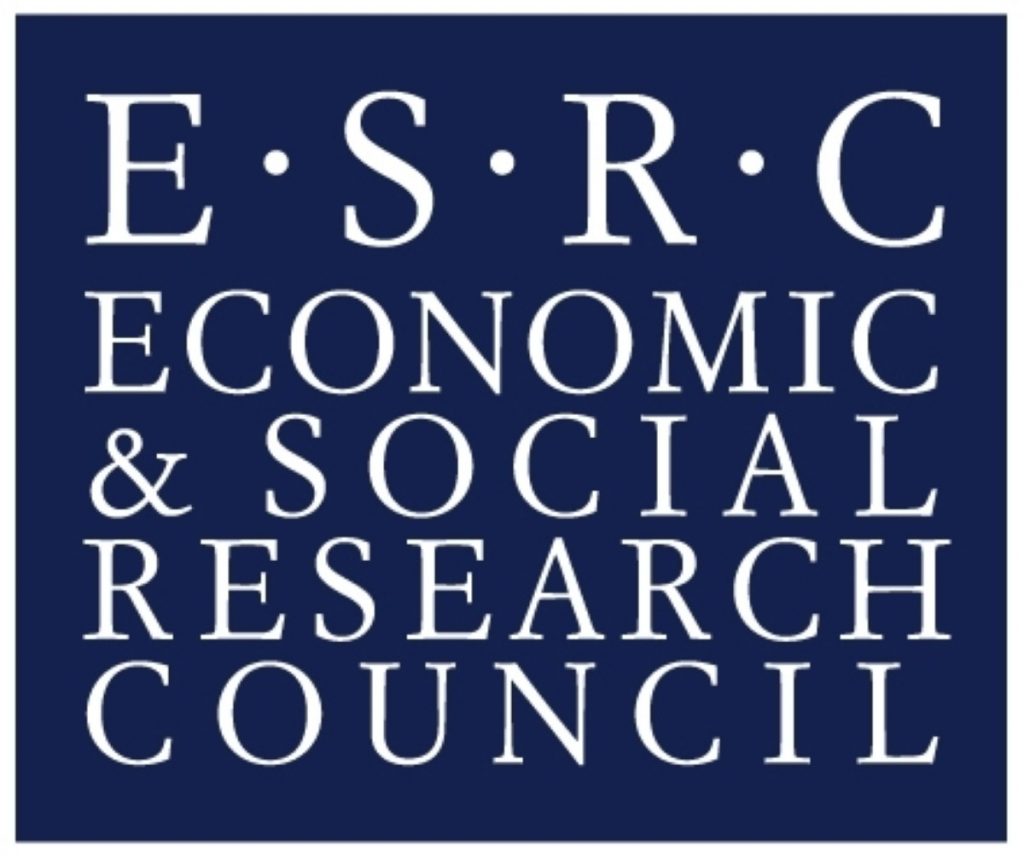What your hand gestures say about you
New research shows that what you do with your hands when you talk secretly reveals a lot about your intelligence and ability to empathise with others. The bigger the hand gestures, the more empathetic you are. Crucially, hand gestures can also help you get your message across.
A team of researchers, led by Professor Sotaro Kita from the University of Warwick and funded by the Economic and Social Research Council, found that empathic people made larger and more gestures that encouraged interaction with the listener. These included ‘conduit’ gestures where the palm of the hand faces upward and moves toward the listener as if to present an idea to them. Other examples include ‘palm revealing gestures’ – often accompanied by a shrug – in which the palm is revealed to the listener as if to indicate uncertainty, or having nothing to say by showing an empty hand.
The researchers, also including Professor Antje Meyer and Dr Mingyuan Chu at Max Planck Institute for Psycholinguistics in the Netherlands, believe that both types of gesture involve bringing the listener into the conversation. “We think that because empathic people often think about other’s thoughts and feelings, they may care more about whether the other person understands them,” explains Professor Kita.
“This means they may make more of these ‘interactive’ gestures to ensure that the conversation goes smoothly. It may also explain why they make larger gestures, as they believe this will make them more easily understood.”
The participants in the study took a variety of tests, which measured different aspects of their thinking abilities including memory span and verbal and spatial abilities. They found that people who struggled with visual memory, visualisation, and message planning in speaking made more ‘representational gestures’, in which the speaker depicts a concrete or abstract concept with the shape or motion of the hands. According to Professor Sotaro Kita, making hand gestures may actually help the speaker to think straight.
“We think that producing gestures may actually make certain thought processes easier. For example, making actions that depict the idea you are trying to express could actually generate images in your head, helping you to visualise better. So people who are not good at imagining things make more gestures in order to compensate for their own weaknesses.”
For further information contact:
· Professor Sotaro Kita, University of Warwick
Email: S.Kita@warwick.ac.uk
Telephone: 024 7652 8184
ESRC Press Office:
· Susie Watts
Email: Susie.Watts@esrc.ac.uk
Telephone 01793 413119
· Aaron Boardley
Email: Aaron.Boardley@esrc.ac.uk
Telephone: 01793 413122
· Follow @ESRCPress on Twitter for the latest news and coverage.
NOTES FOR EDITORS
- This release is based on the findings from ‘Individual differences in the production of speech-accompanying gestures’ funded by the Economic and Social Research Council and carried out at the University of Birmingham. The results were published in the following article: Chu, M., Meyer, A., Foulkes, L., & Kita, S. (2014). Individual differences in frequency and saliency of speech-accompanying gestures: The role of cognitive abilities and empathy. Journal of Experimental Psychology: General, 143(2), 694-709. doi: 10.1037/a0033861
- In order to investigate why some people use hand gestures more than others, researchers from the University of Birmingham recorded the hand gestures of 122 native English speakers. They got them talking by asking them to define the meanings of English phrases, as well as what they would do in given social dilemmas. The researchers then watched to see how often the participants used their hands, what type of gestures they were making, and how large, or ‘salient’ their gestures were.
- The participants took a variety of tests, which measured different aspects of their intelligence including memory span and verbal and spatial abilities.
- The Economic and Social Research Council (ESRC) funds research into the big social and economic questions facing us today. We also develop and train the UK’s future social scientists. Our research informs public policies and helps make businesses, voluntary bodies and other organisations more effective. Most importantly, it makes a real difference to all our lives. The ESRC is an independent organisation, established by Royal Charter in 1965, and funded mainly by the Government.





-01.png)